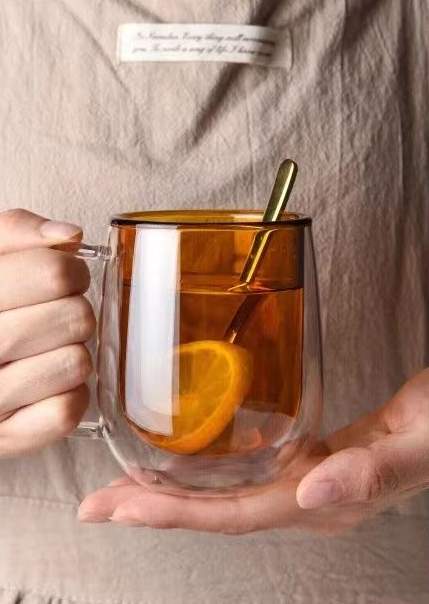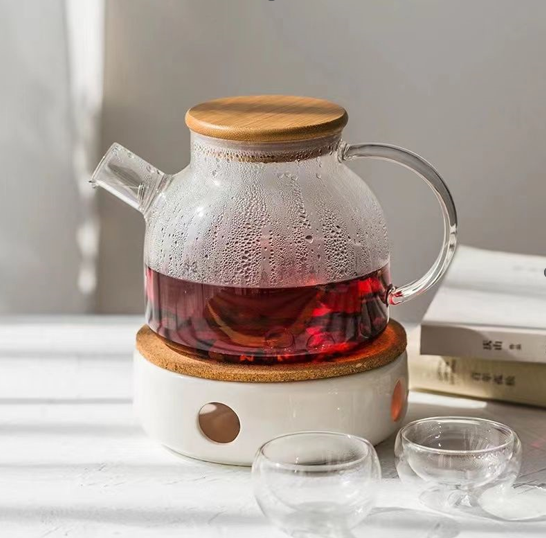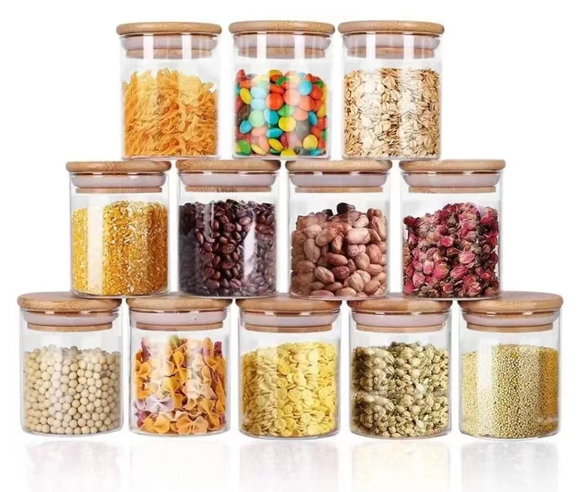When you're detoxing your home, it's important to know which materials to avoid, but even more important to know which ones to choose! Glass is one of the materials that is consistently superior to plastic for two main reasons: it's better for people and the environment.

Why not plastic?
Plastics are made from a variety of chemical formulations, including endocrine-disrupting chemicals such as bisphenol A (BPA) and phthalates. Some of these chemicals, including BPA and phthalates, affect the brain, hormonal system, reproductive system, and may contribute to the development of cancer. The health effects of most chemicals have not been thoroughly tested. We do know that some of these chemicals can leach into food and beverages and contaminate the air, dust and hands.
The benefits of glass for people
Glass is often a great alternative to plastic. Here are five reasons why choosing glass is better for human health.
1. Glass bottles keep water hotter for longer
Compared to other water bottle materials, glass bottles are able to keep water warmer for longer, whether it's cold or hot. The good news is that they can also hold beverages other than water, and they can also keep them for a long time without really ruining their flavor or color. You can use a glass jar to store anything from hot tea to a cold mango milkshake.

2. Glass will be safer over time
Plastics can leach chemicals even through normal wear and tear (such as washing and use). Common behaviors of plastic containers - such as washing dishes and microwaving - can promote more chemical leaching.
3. Glass bottles don't retain odor or taste
If you've used plastic or metal bottles in the past, then you've definitely experienced that moment when your water tastes really weird. This is usually due to the residual taste of the bottle. Many water bottles contain harmful chemicals that can be harmful to consumption. Glass bottles do not have any chemicals and do not have any smell or taste. When drinking from a glass bottle, make sure you are drinking water that is free of contaminants.

4. Glass consumers can save money
By switching to reusable water bottles, the Earth Day Network estimates that, assuming an average life expectancy of 80 years, you could theoretically save $17,290 over your lifetime.
The environmental benefits of glass
Using glass also helps protect the environment. Here are three ways that choosing glass over plastic helps Mother Nature.
1. Glass consumers buy fewer items
Historically, people who buy glass containers buy fewer new glass containers than those who buy plastic containers. "Prior to 1935, beverages were sold in glass refillable containers. Bottles were washed and refilled as many as 20-50 times, and when they wore out too much to use, they were recycled. Glass refillables remain popular worldwide, but are rare in the U.S. today," according to a 2013 report released by the Container Recycling Institute.
2. Increasing consumer recycling
Glass is recycled more often than plastic. According to the Container Recycling Institute, the average recycling rate for plastic bottles is 29 percent, while the average recycling rate for glass bottles is 37 percent.
3. produce fewer toxic emissions
"Producing a 16-ounce PET bottle emits more than 100 times as much toxic material into the air and water as making the same bottle from glass," according to D-Toxing's A to Z book.

















